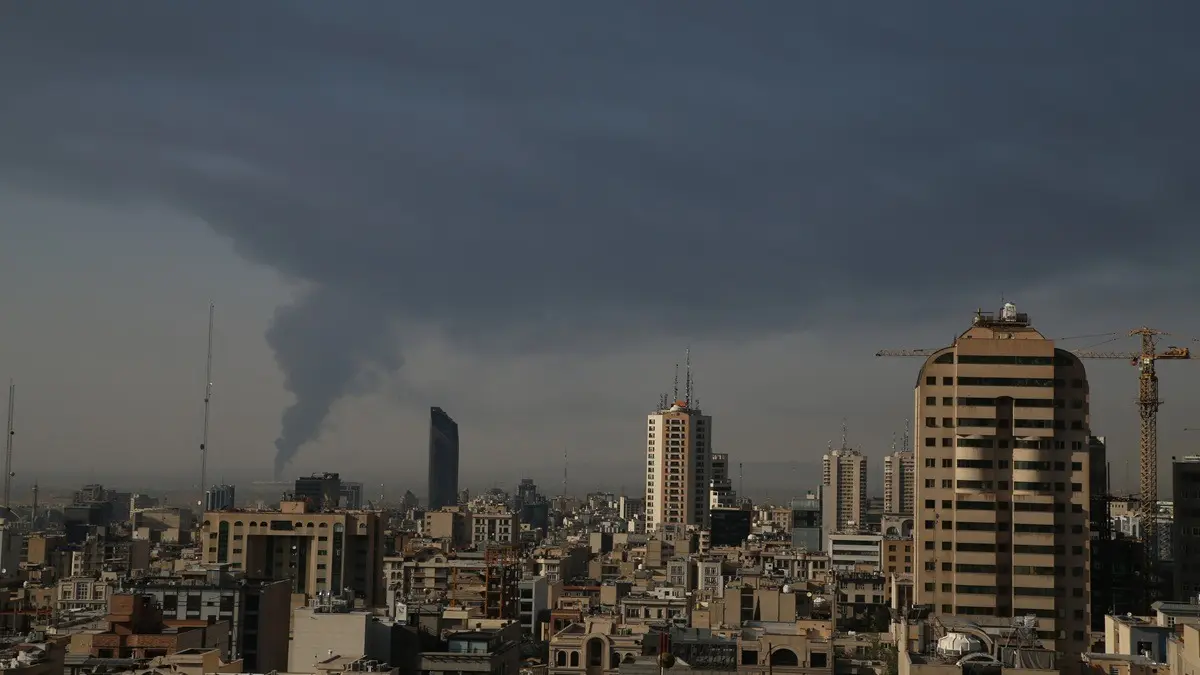Updated 17 June 2025 at 10:16 IST
Red Sea, Rising Costs: India's Battle To Secure Its Supply Lines
Indian businesses are concerned that the Israel-Iran conflict could disrupt vital trade routes, prompting the Commerce Ministry to convene stakeholders to mitigate impacts on shipping and costs.
- Republic Business
- 3 min read

Indian businesses are worried that the ongoing Israel-Iran conflict could disrupt important trade routes, which may slow down shipments and increase transportation costs. To address these concerns, the Commerce and Industry Ministry has planned a meeting this week. It will bring together shipping companies, container service providers, government departments, and other related stakeholders to discuss the situation and find ways to reduce the impact on trade.
“We’re closely monitoring the situation. This week, we’re also holding a meeting with shipping companies, container service providers, related departments, and other key stakeholders to understand the challenges they’re facing and explore possible solutions,” said Commerce Secretary Sunil Barthwal during a media briefing on Monday, as reported in media.
The actions we take will depend on how the situation develops, the Secretary added. The recent airstrikes by Israel on Iran last Friday, followed by Iran’s counterattacks, have raised concerns among Indian exporters and importers. They fear that these tensions could lead to higher shipping costs and disruptions in important trade routes.
There are growing concerns that the Red Sea route—an important path for sending goods to Europe, parts of the US, and Africa—could be impacted by the ongoing conflict. If the situation worsens and Iran decides to block the Strait of Hormuz, things could become even more serious, making global trade more difficult and expensive.
Advertisement
If the Strait of Hormuz is closed or affected by military action, it could lead to a sharp rise in oil prices, higher shipping charges, and increased insurance costs. This would likely push up inflation, weaken the rupee, and make it harder for the Indian government to manage its finances, explained Ajay Srivastava, Founder of the Global Trade and Research Initiative (GTRI).
India has strong trade links with both Iran and Israel, the two countries currently in conflict. In the financial year 2025, India exported goods worth $1.24 billion to Iran and $2.15 billion to Israel. During the same period, India imported goods worth $441.9 million from Iran and $1.61 billion from Israel.
Read More - Stock Market Today: Nifty 50, Sensex Signal Muted Start
Advertisement
According to a report by the Global Trade and Research Initiative (GTRI), what matters even more than trade is India’s heavy dependence on this region for energy. The report explained that almost two-thirds of India’s crude oil and half of its liquefied natural gas (LNG) imports pass through the Strait of Hormuz—a narrow waterway that Iran has now threatened to shut. This strait, which is just 21 miles wide at its narrowest point, carries about 20% of the world’s oil supply. For a country like India, which imports over 80% of its energy needs, the Strait is absolutely essential.
The report warned that even though India is not directly involved in the Israel-Iran conflict, it cannot take the situation lightly. It stressed that the Indian government should quickly assess possible risks to its energy supply, look for more sources of crude oil, and make sure the country has enough emergency fuel reserves. It also recommended strengthening military readiness in the Arabian Sea, especially near key shipping routes that could be blocked during a crisis.
The report also suggested that India should work through international platforms like the G20 and the United Nations to push for peace and ensure that important global trade routes remain safe and open.
Published By : Gunjan Rajput
Published On: 17 June 2025 at 10:16 IST
